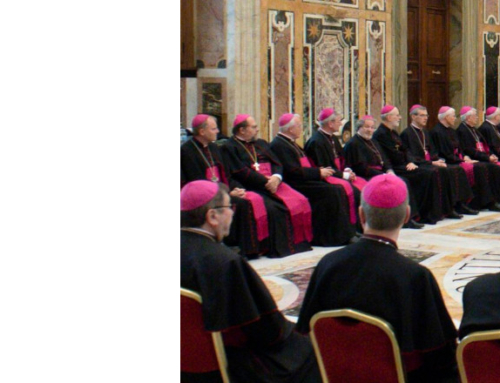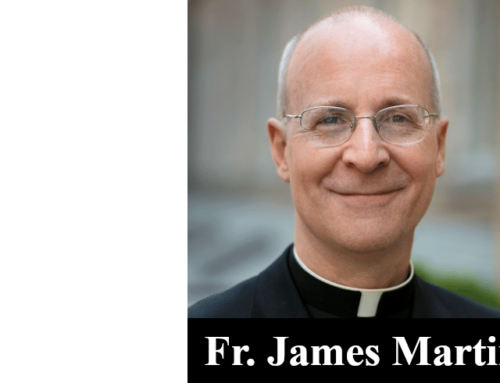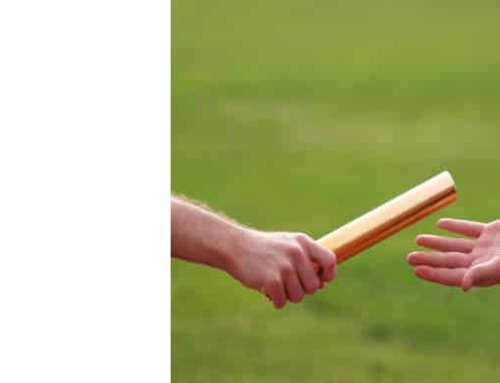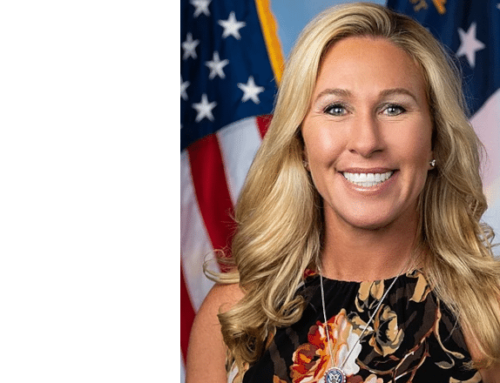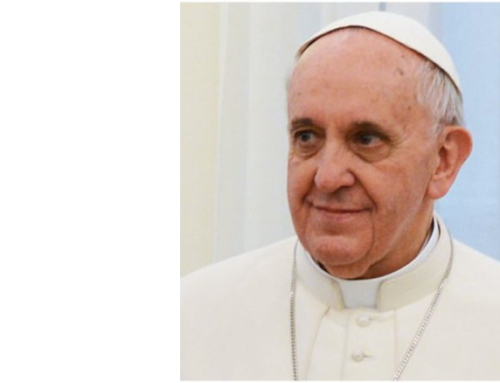Catholic League president Bill Donohue comments on changes in canon law issued on June 1:
Pope Francis has done the Catholic Church a great service in issuing some much needed changes in the Vatican’s Code of Canon Law. The revisions, which reflect many years of work, touch on serious subjects.
There has been great progress made to counter clergy sexual abuse of minors, yet still missing, until now, have been steps to get out in front of this issue. The new reforms provide sanctions against priests who “groom” or “induce” minors to perform sex acts. Similarly, the possession of child pornography is declared a crime deserving of punishment.
The most dramatic changes affect sexual abuse committed by priests against another adult. This is seen as an abuse of power. To be exact, if a priest “forces someone to perform or submit to sexual acts,” he will be punished. The penalty may include “dismissal from the clerical state if the case so warrants.”
It remains to be seen how the norms that affect adults will be enacted. Will they, for example, be invoked against priests who engage in homosexual acts with other priests? This has been a longstanding problem in need of reform.
We know from the reports on the American clergy issued by researchers from John Jay College of Criminal Justice that those priests who identified as homosexual were more likely to be sexually active after they entered the priesthood than those who identified as being heterosexual. Also, priests who have positive views toward homosexuality were more likely to have sex post-ordination.
The social scientists also found that the majority of those priests who had sex with men before they entered the seminary often had sex in the seminary. More important, priests who had sex with another man before they entered the seminary, and who abused a minor after ordination, were more likely to victimize a male than a female.
Jason Berry wrote an important book on this subject and concluded that “Every gay priest I know is sexually active, without exception.” He also learned that 90 percent of gay priests reject mandatory celibacy. Typically, sexually active gay priests rationalize the Church’s teaching on celibacy, saying it does not apply to them; they say it means being single and not having a wife.
The changes that affect sex with adults will clearly apply to persons such as former cardinal Theodore McCarrick; he used his power to seduce seminarians. But will the Vatican insist that consensual sex between priests is also verboten?
Another area of controversy is sure to be the norms that provide sanctions for “the attempted ordination of women.” Currently, there are many dissident Catholic organizations that openly reject the Church’s teaching on ordination. They include Women-Church Convergence, the Association of Roman Catholic Women Priests, CORPUS, DignityUSA, The Loretto Women’s Network, the National Coalition of American Nuns, Women’s Alliance for Theology, Ethics and Ritual (WATER), and the Women’s Ordination Conference.
It is refreshing to read that the new norms apply to lay leaders in the Church who abuse their office. We frequently hear that the laity are the answer to clergy sexual abuse. This ignores the fact that many of these members of the laity often knew that miscreant priests were sexually abusing minors yet did nothing about it. Moreover, they will now be held accountable for their own behavior. Their offenses are subject to punishment.
Fortunately, the changes, which go into effect on December 8, 2021, will provide improvements in the due process rights of priests. Too often these strictures are giving short shrift by those in authority. No priest should be assumed guilty when charges are made against him.
These reforms by Pope Francis will likely be welcomed by the vast majority of Catholics. Those who are likely to be troubled by them need to engage in some serious self-reflection.



